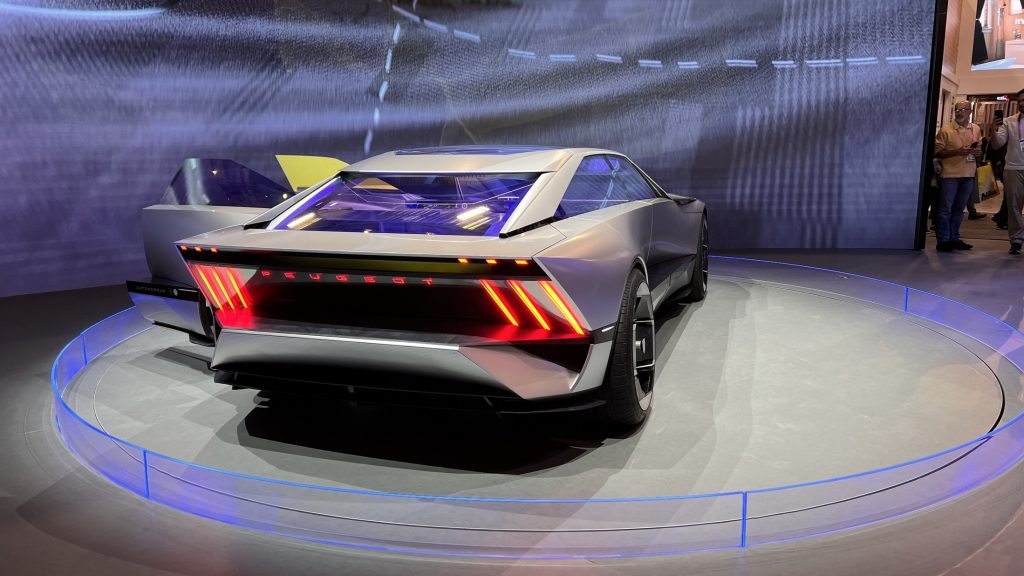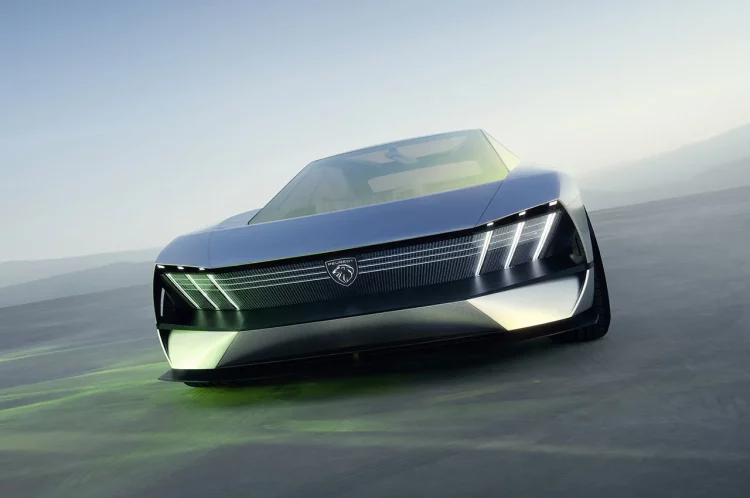Journeys in Innovation: The Stories of Iconic Car Brands
In the tapestry of human progress, the automobile stands as a symbol of both technological advancement and cultural significance. Over the years, numerous car brands have emerged, with some ascending to the status of global titans in the automotive arena. This narrative delves into the origins, development, and illustrious sagas of some of the world’s most renowned car manufacturers.
Mercedes-Benz: The Timeless Classic
Mercedes-Benz, with its iconic three-pointed star, is a name synonymous with automotive excellence. Tracing its lineage back to 1886, Carl Benz’s invention of the first automobile powered by an internal combustion engine laid the foundation for the brand. The collaboration with Gottlieb Daimler led to the launch of the world’s first gasoline-powered car in 1901. Initially catering to the elite with high-end models, Mercedes-Benz’s golden era began in the 1930s with the introduction of legendary lines such as the SL and SSK series. These models, known for their superior performance and exquisite design, became the epitome of automotive grandeur. The 1950s saw the release of the famed 300SL, a luxury sports car that achieved numerous racing victories. Since then, Mercedes-Benz has been at the forefront of automotive innovation, introducing groundbreaking technologies like the Electronic Stability Program (ESP) and airbag safety systems, significantly influencing the entire industry.
Ford: The Pioneer of Mass Production
Ford, an American household name, owes its fame to Henry Ford, the “pioneer of mass production.” Established in 1903, the company initially produced a modest number of vehicles for racing and affluent customers. Ford revolutionized the industry with the introduction of the assembly line method and the Model T in 1913. The Model T’s brief production time, low costs, and affordability marked the dawn of mass-produced vehicles, democratizing car ownership. Ford’s ingenuity extended beyond production techniques. During World War II, the company became a pillar of American industry by manufacturing military vehicles and aircraft parts. In the post-war era, Ford continued to innovate with products like automatic transmissions and rearview cameras, enhancing the safety and convenience of driving.
BMW: The Art of German Engineering
BMW stands as a testament to German precision and craftsmanship. Founded by Karl Rapp in 1916 as an aircraft engine manufacturer, the company shifted to automotive production following World War I. In the 1930s, BMW introduced classic models such as the 327 and 328, which were celebrated for their performance and design. World War II saw BMW’s temporary pivot to military motorcycle production, but the post-war period ushered in iconic models like the BMW 2002 and the 5 Series. The 1990s marked a significant brand transformation for BMW, with the introduction of the new 3 Series and 7 Series, which combined performance with luxury and contemporary design. BMW also pioneered in the field of electric vehicles with the i3 and i8, heralding a new era in automotive history.

Tesla: The Electric Revolution
Tesla, a trailblazer in the automotive industry, was founded in 2003 by the visionary Elon Musk. Starting with luxury electric sports cars like the Roadster and Model S, Tesla quickly established itself as a leader in electric vehicle technology. Over time, Tesla has continued to innovate with electric SUVs like the Model X and Model Y, as well as autonomous driving technology and Supercharger networks. Tesla’s revolutionary approach has not only altered perceptions of what a car can be but has also had a positive impact on environmental sustainability.
In Conclusion
Each car brand carries its own narrative and embodies distinct values. From Ford’s spirit of innovation to BMW’s meticulous craftsmanship, and Tesla’s revolutionary technology, each has contributed significantly to the automotive industry. As environmental awareness and sustainability become more central, the industry continues to evolve towards greener and more sustainable practices.
As consumers, we have the power to choose vehicles that align with our needs and preferences, whether traditional fuel-powered cars or emerging electric vehicles. It is vital to consider safety, performance, reliability, and the impact on the environment and society. As part of the automotive industry, it is our collective responsibility to drive technological innovation and provide superior products and services, contributing positively to sustainable development.


































Discussion about this post